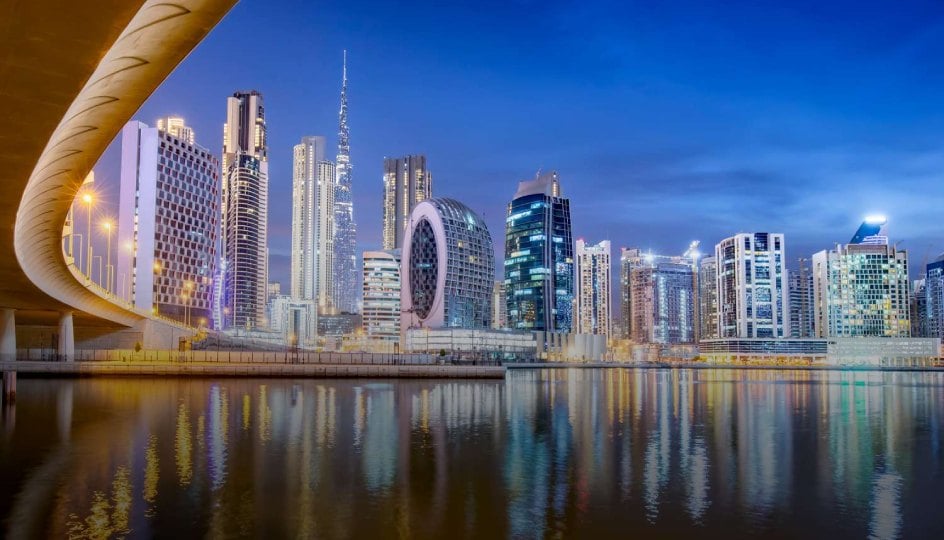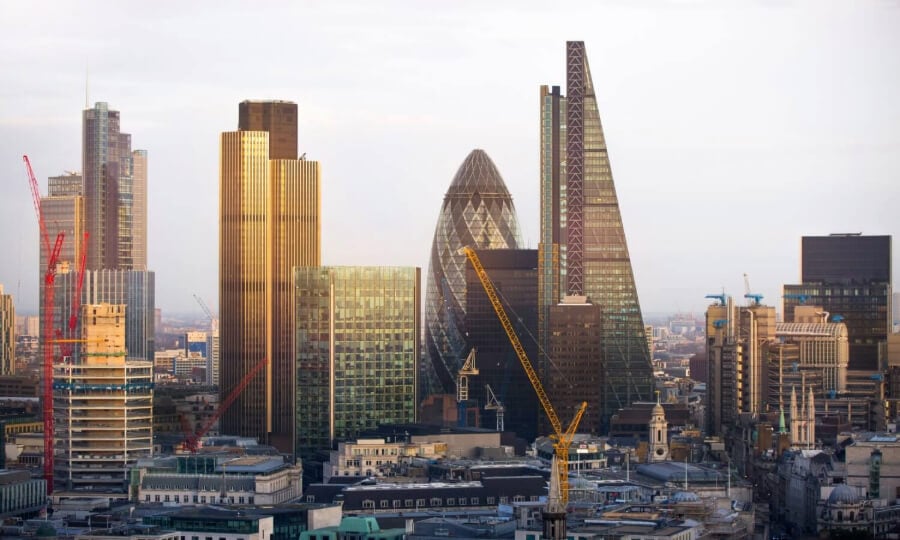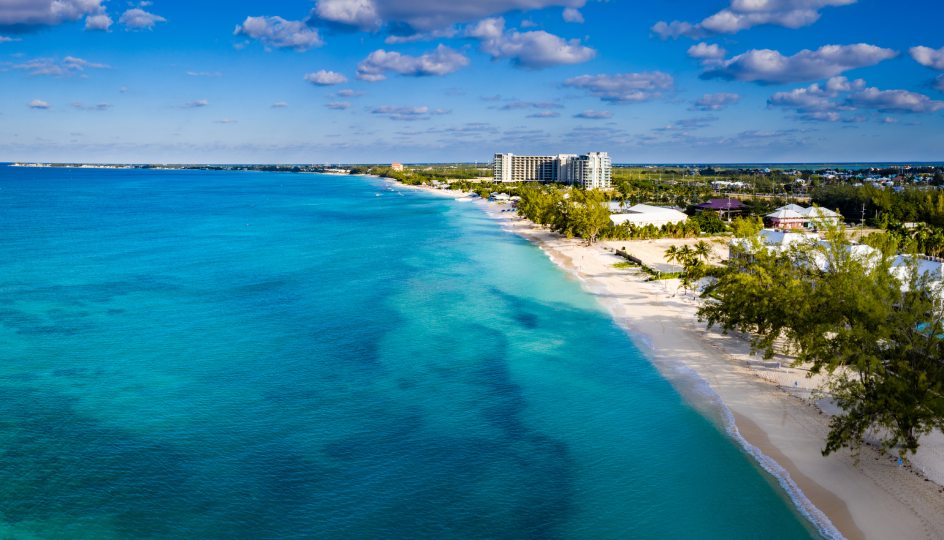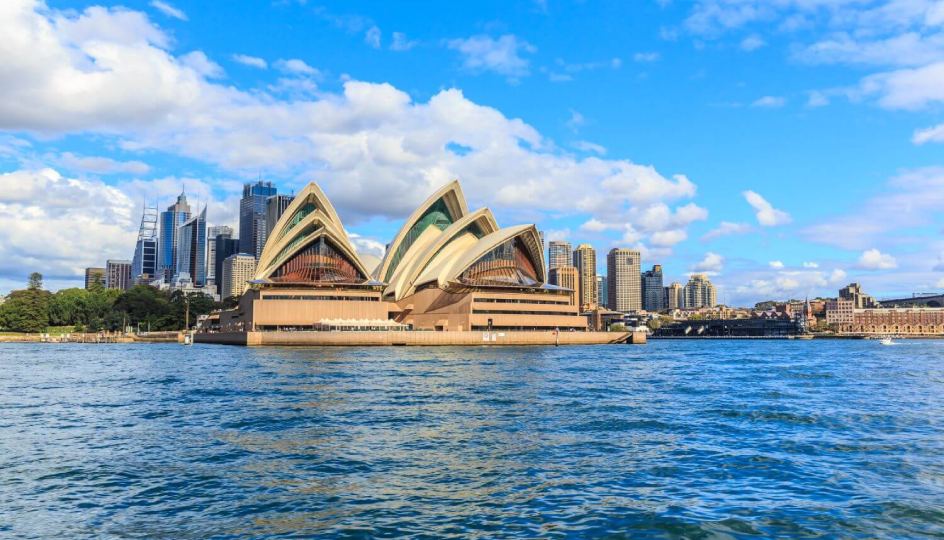Cultural considerations when doing business in the Middle East during Ramadan

Cultural sensitivity should be factored in to Middle East business dealings at any time of year, but particularly during the Muslim holy month of Ramadan.
A reduction in business opening hours is probably the most notable change in the Middle East during Ramadan. The work day is shortened by a minimum of two hours by government stipulation, for both Muslim and non-Muslim workers across the GCC countries.
Government and Authority offices including banks will usually work different hours (largely mornings) compared to private companies, and some offices will specify evening opening, so it is always worth checking in advance. This year for example in the UAE, government working hours will be 9am-2pm.
Cultural understanding
Muslims spend a large part of their days over the holy month in contemplation and prayer. They dedicate themselves to their religion and focus on developing a better understanding of the Qu’ran and religious practise.
The greater focus on faith coupled with fasting, particularly now where Ramadan falls in the warmer months, can result in a slowdown for companies as some impact on productivity is to be expected.
Many signatories and business heads in the Middle East will choose to travel during Ramadan, but it is a great time for firms to shift their focus to building strong relationships with contacts in the region, as it is one of the keys to local business success.
Food and beverages
Over the coming weeks, food and beverage outlets (aside from those in big hotels) will be closed during the day and business lunch and dinner events should of course not take place - as it is illegal to eat, drink, smoke or chew gum in public until sundown.1
By law in the Middle East, even the inside of your car or office is considered a ‘public place’ and therefore off-limits for food and drink. However if you are working in a mixed nationality office there may be exceptions. It is important to be discreet when eating or drinking at work and if possible, always go to a private or closed room. This would extend to birthday celebrations or office events; it is considered inappropriate to bring cake or other food items into the office in full view of those who might be fasting.
Iftars
While no business dinners should take place, Iftar (dusk) or Suhoor (three hours after Iftar and later) events are often arranged by companies. Business Iftars are normally scheduled for the third or fourth week of Ramadan as the first couple of weeks are dedicated to breaking the fast with family.
It is common for Muslim associates to extend invitations to attend Iftars with their family and friends. These invitations are a sign of trust and friendship, and acceptance is advised. In line with Ramadan being a period for reflection and prayer there is a ban on all live music and entertainment in some parts of the Middle East. It is also considered offensive to play music loudly in your car or home, or so that others can hear it.
Attire
More conservative attire should be worn by both men and women when interacting with Muslim colleagues or clients. Ensure you are covering the shoulders and legs; this is enforced by local laws.2
Traffic can be particularly bad in the period before Iftar when many people will be rushing to get home to break their fast and so it is advisable not to schedule meetings at this time. The lack of sustenance and extreme heat can lead to lack of concentration on the roads, and an increased number of accidents.
Talk to us
Knowledge of local laws and customs is important for companies operating in any foreign country. TMF Group has experts on the ground in Abu Dhabi and Dubai in the UAE, and Doha in Qatar who are able to guide you in all aspects of payroll, accounting, corporate secretarial and capital markets.
Need more information? Get in touch with our team today.
References:
1. Article 313 of the UAE federal punitive law:
“Shall be sentenced to detention for a term not exceeding one month or to a fine not excess of two thousand dirham, whoever: - 153 - a. States openly in a public place that he consumes food or drinks or any other thing that breaks fast during Ramadan period. b. Compels, instigates or assists in making such openly statement the public place used for this purpose may be ordered to close down for a period not exceeding one month.”
2. Federal penal code, article 315 as it refers to offences against religious faith and rituals:
“Shall be sentenced to detention and/or a fine, whoever offends the sacred beliefs or rites prescribed by the other religions whenever these beliefs and rates are protected according to the rules of the Islamic Shari›a”





